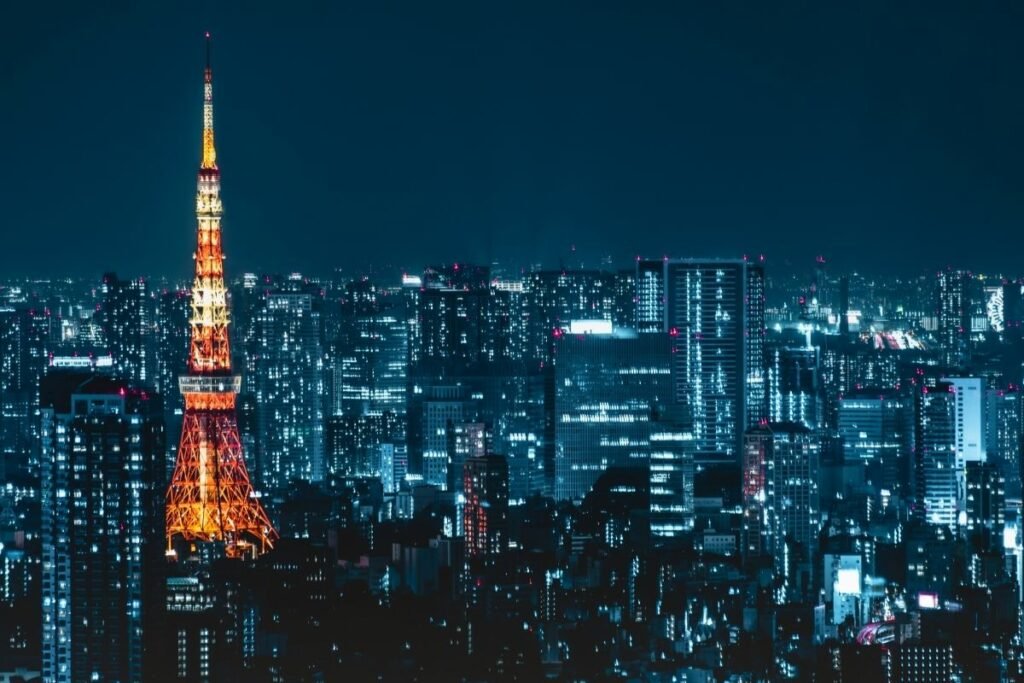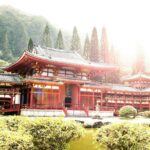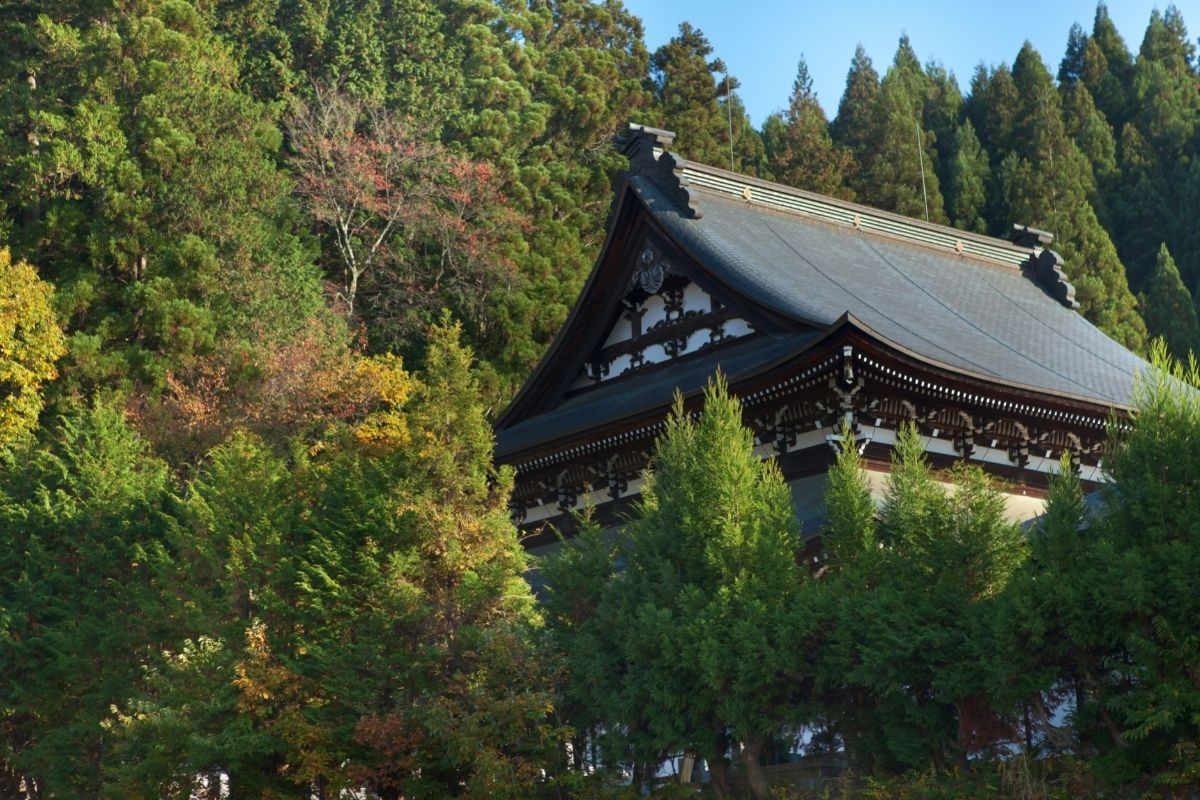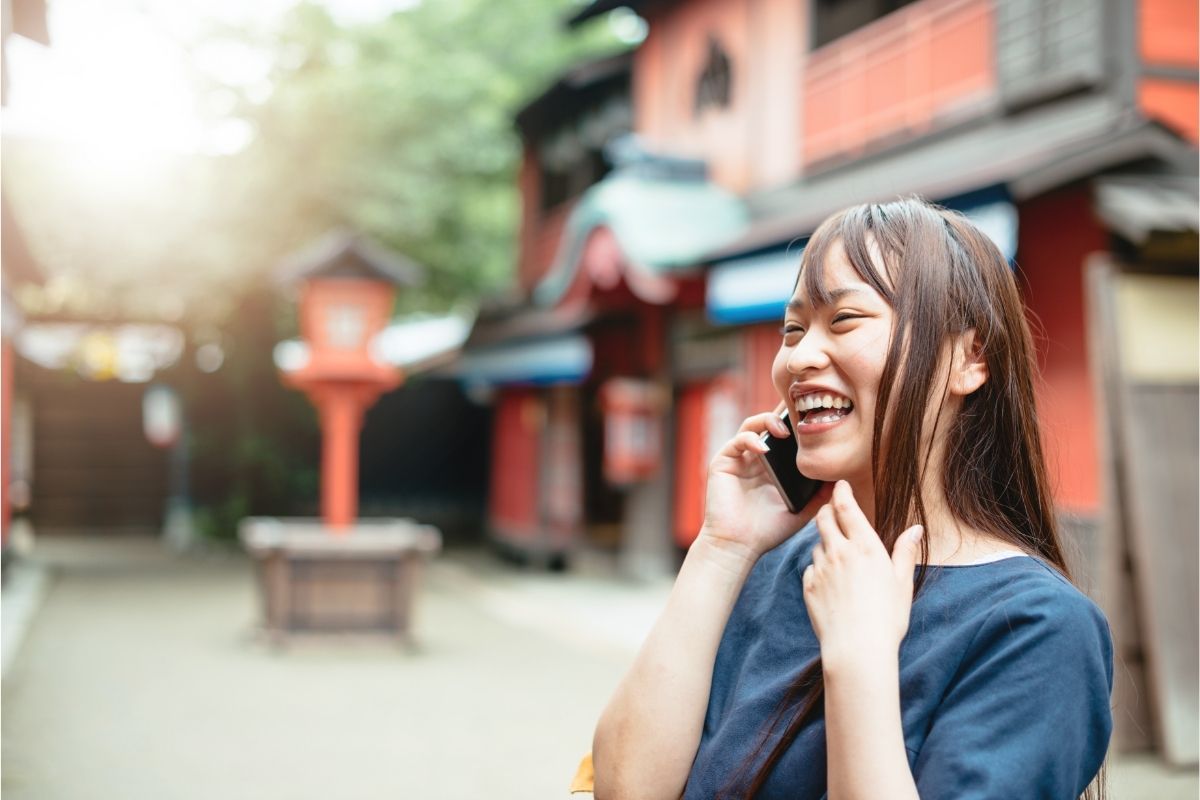Visiting Japan is probably going to be the highlight of anyone’s life when you live in western countries. It is a country of beauty and tranquility that has managed to maintain its own cultural identity in a global sea of homogenization.
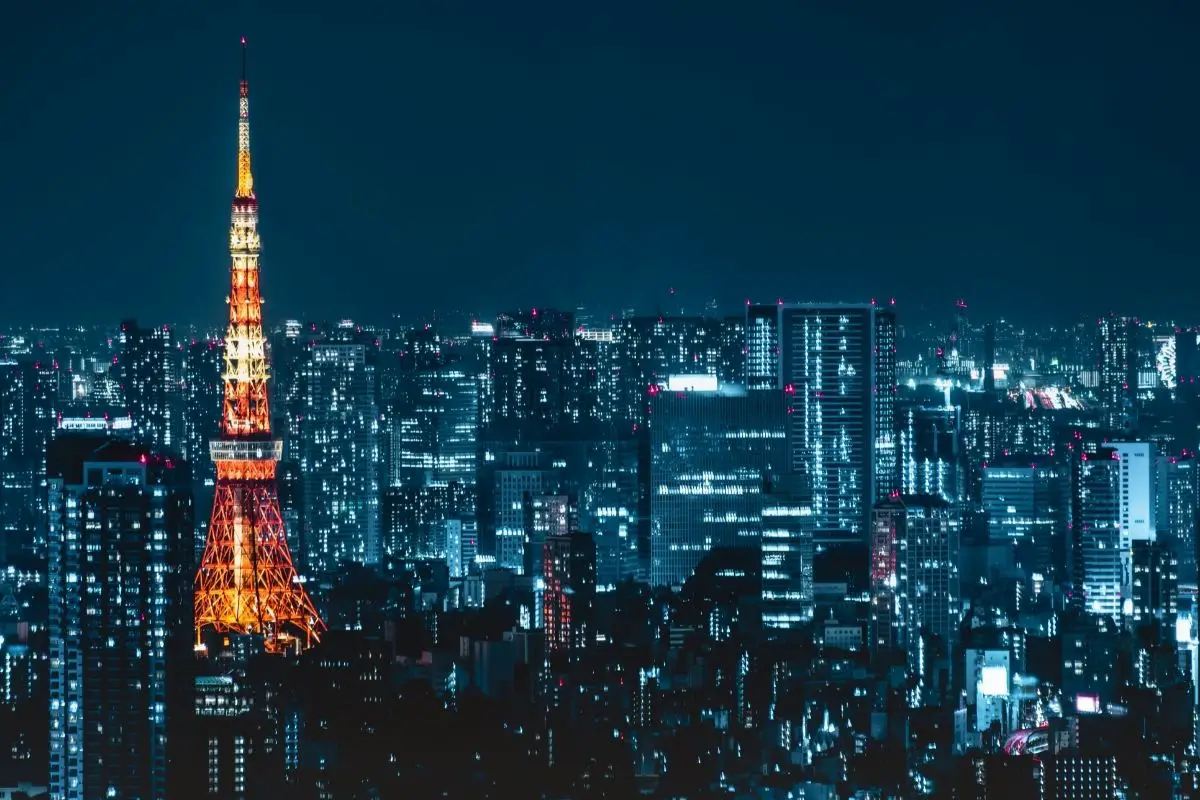
One of the best places to visit in Japan has to be the capital city of Tokyo. Not only is it the largest city in the world, it is also unique.
Tokyo is made up of 13 individual cities that have combined into a super metropolis the size of the country of Montenegro. It swings from being a super advanced technological marvel to a serene bastion of traditional values.
For every hawker in Harajuku selling cheap electronics and cat ears, there is an old wooden cart in Ueno selling okonomiyaki and yakitori for whatever price you can haggle at.
Truly, it is a wonderful city. Yet, for all its awe and wonder, there has to be times of the year when it is not so good to visit this endless city. Today, we will examine each season and give you the rundown on when is the best time to visit Tokyo (see also ‘Best Hotels In Tokyo‘).
Spring

Spring is certainly the time of year when everyone thinks of visiting this most magnificent of cities. This is mainly because spring in Japan is the Sakura season, or cherry blossom season.
It is the time when the temperature warms slightly from its winter blues and the blossoms burst from the trees. The white and pink blossoms certainly strike an image and can leave you breathless when you stand in the countryside, surrounded by nothing but flowers.
The problem is that everyone is coming at this time, and when there are three hundred people in the same field as you, it kind of ruins the magic a bit. However, if you can find a group to go with and have a hanami (flower-viewing) picnic, it can still be magical.
This is also the season where festivals and holidays start – but it is not the season with the most.
Going to a matsuri (festival) is a more formal affair in spring, as these are normally temple festivals were important cultural figures, like priests or shrine maidens are in attendance, but still fun.
The main holiday of spring is Golden Week. This is a one-week period where most people in Japan are given time off (see also, ‘Best Time to Ski in Japan‘). For residents of the country, this is great.
For tourists, this causes some issues as everywhere is packed, and it is difficult to get around. However, if you are looking for parties or drinking buddies, there is no better time to go to an izakaya (Japanese pub) and find some.
Summer

For me, summer in Japan has a lot of pros and a lot of cons (see also, ‘How Long is Summer Break in Japan?‘). The main con of summer is the weather. It is blisteringly hot and stiflingly humid, making it difficult to move around or go out for long periods.
This is the season when the rains start, but don’t worry, umbrellas are readily available for purchase from every convenience store.
Yet, even with the heat and weather, summer is the season with probably the most going on in it. This is thanks to the sheer amount of festivals that occur during the season.
Almost every weekend of summer during the time I lived in Tokyo had a festival, normally they were in specific districts of the city but due to the size of Tokyo itself, this meant they were ever present.
Festivals or matsuri are some of the most relaxed and fun times you can have in Japan. They focus on food, performances, parades, and hawker stands and every time the people organizing them go all out. There is always a lot of fun, a lot of conversation and a lot of laughter.
At the end of summer, there is one more festival called Obon. Much like Golden Week, this festival is more for Japanese residents than tourists, but it gives a wonderful insight into Japanese culture.
This is a cultural and religious festival where people will return home and honor their ancestors and those close to them that they have lost.
When I say return home, I mean the family home or their ancestral home, rather than where they rent or live currently. This festival is almost 500 years old and deeply significant to the Japanese people.
Summer is also the time of year when groups of people are likely to do meetups in the park, and many people, both Japanese and otherwise, love these events. They allow groups of strangers to socialize and go for drinks, which is always fun.
Autumn

Autumn is a season when the temperature remains high, but the humidity drops significantly, which is good. Nonetheless, the reason that the humidity has dropped is that Autumn is also the typhoon season in Japan, which is not great.
Despite the sketchy weather conditions, the beauty that nature had in spring is back, with the trees changing to all sorts of amazing and beautiful colors, giving the city one last vibrant burst before winter. This is the time when Acers take the stage and line the city streets proudly.
Surprisingly, Halloween (see also ‘Do They Celebrate Halloween In Japan?‘) is a big deal in Tokyo, though not exactly for the same reasons as we have in the west.
The trick and treat activities are lost, but the Japanese people’s great appreciation for cosplay and costumes makes Halloween a true delight in Shibuya – one of the cities within Tokyo.
From dusk on the 31st until dawn on the 1st, the streets are lined with people in extravagant costumes that amaze and delight onlookers, with every person moving between the various parties that are going on.
The night normally ends with a trip to Matsuya (a Japanese chain restaurant) for some light breakfast and then catching the first train home to bed.
This is also the season when fresh Oden stew is available from every convenience store. This may be a small feature, but having a hot, delicious stew while walking the dimly lit streets of Ochanomizu with friends really made Autumn feel special for me when I lived there.
Winter
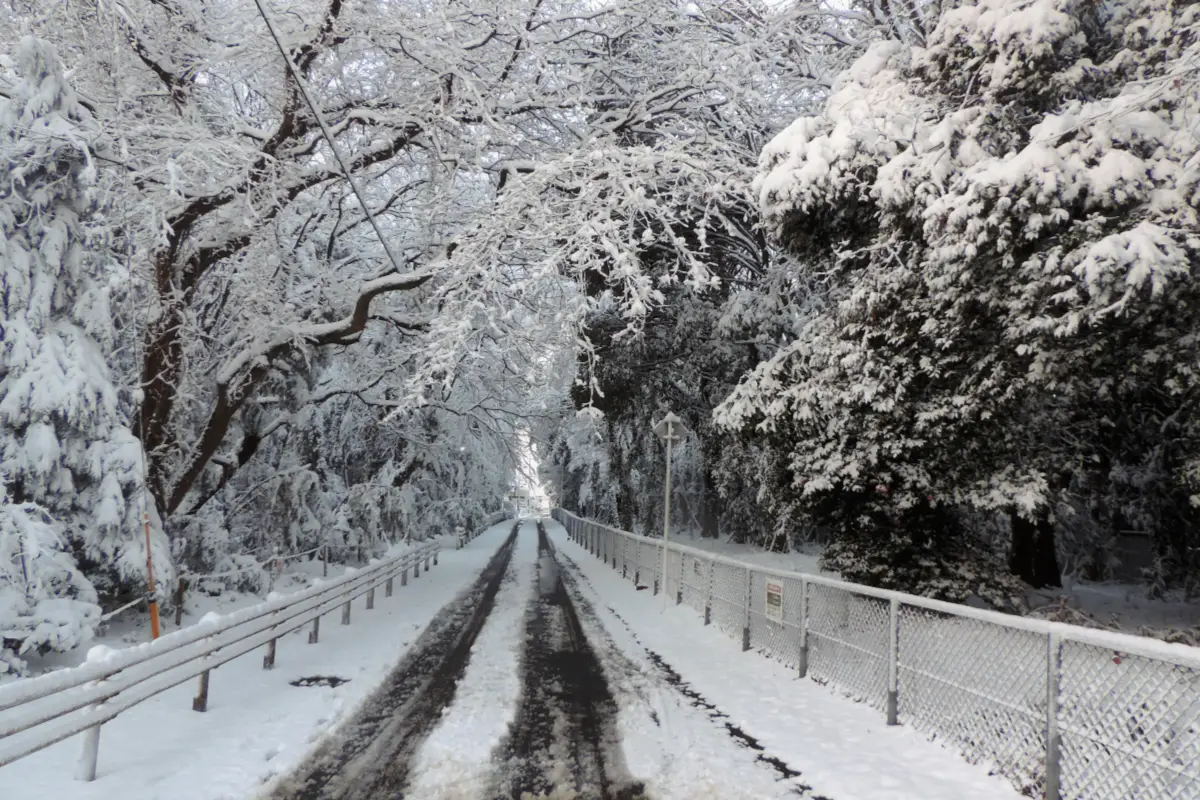
Winter’s severity changes depending on where you live in Japan (see also ‘Best Places To Live In Japan‘). In Tokyo, it is generally very mild with little chance of snow, unless you live in the north or east of the Tokyo metropolitan area – near Chiba or Gunma.
Much like the season, the activities that happen in Tokyo at this time are typically small affairs and mild in nature, excluding two events. The first is Christmas.
Although not a traditional Japanese festival, it has been adopted by the Japanese people wholeheartedly. I can think of two reasons for this love.
The first is that Japanese people love giving gifts. At every opportunity when I was living there, gifts were thrust into my arms. There is even a word in the Japanese language for a souvenir gift that you should give after coming back from vacation (the word is Omiyage).
The second reason is that Japan has put its own spin on Christmas (see also ‘Do Japanese People Celebrate Christmas?‘), with it being more about romance than about Christmas itself. As such, if you are going to Japan over the Christmas period with someone special, maybe keep this in mind.
The other big festival is New Year or Shogatsu. New Year is very culturally important to Japanese people, and people will generally hold parties for dear friends or loved ones to welcome the New Year.
There will often be lots of booze and soba to eat, as people anxiously await the dawning of the day. Once the sun appears, everyone will head to their local shrine to give thanks to the old year and welcome the new one.
Final thoughts
Tokyo is a fabulous city, and in this article I described a fraction of what people can do there. However, the aim was to give you a feel for each season and what the general things there are to do then.
If you wanted to know when I would visit Japan, I would pick summer or winter. But that is based on my preference, you may feel differently based on what is written here.
As such, think carefully before going, but do go to Tokyo. No matter what time of year you go, I guarantee you will enjoy it.

